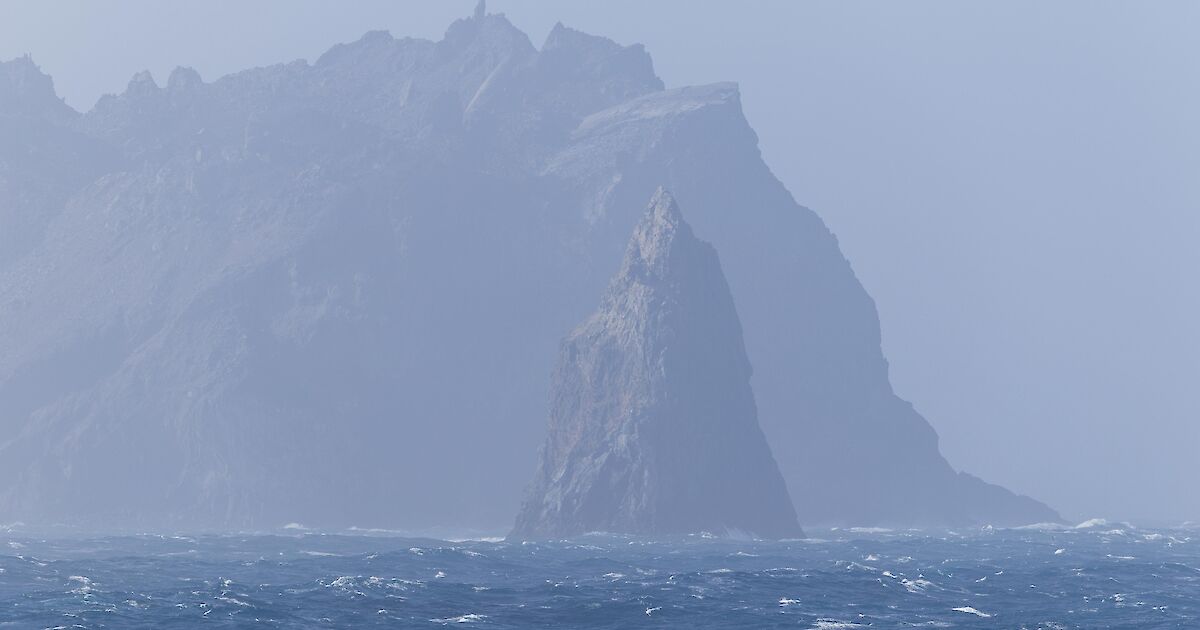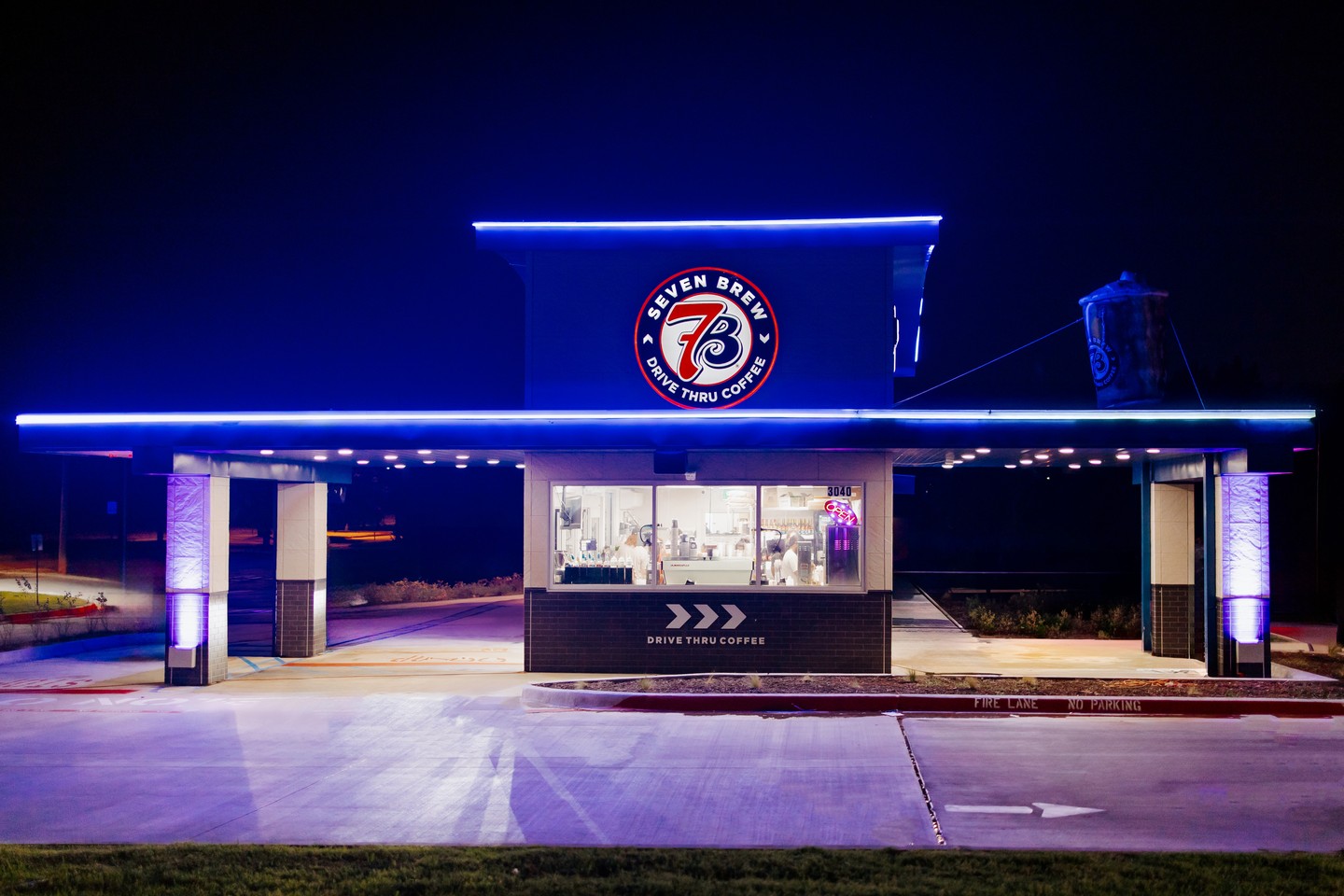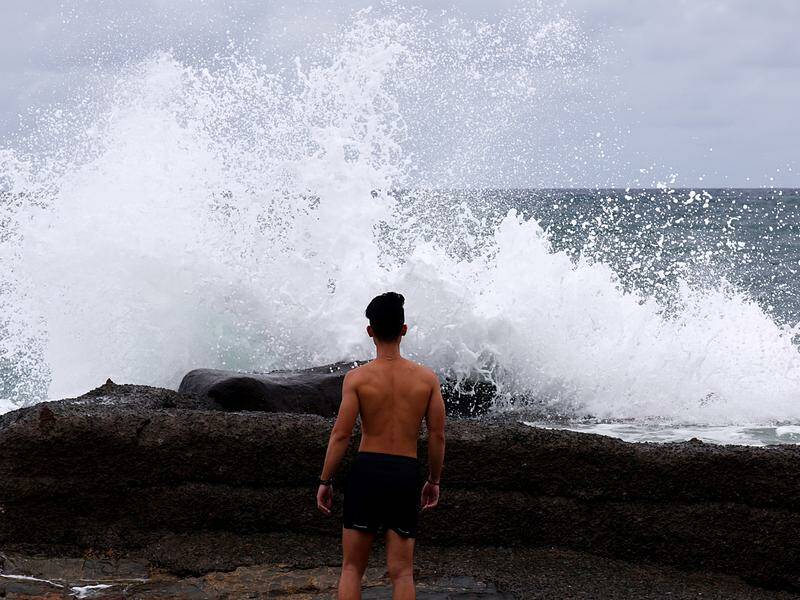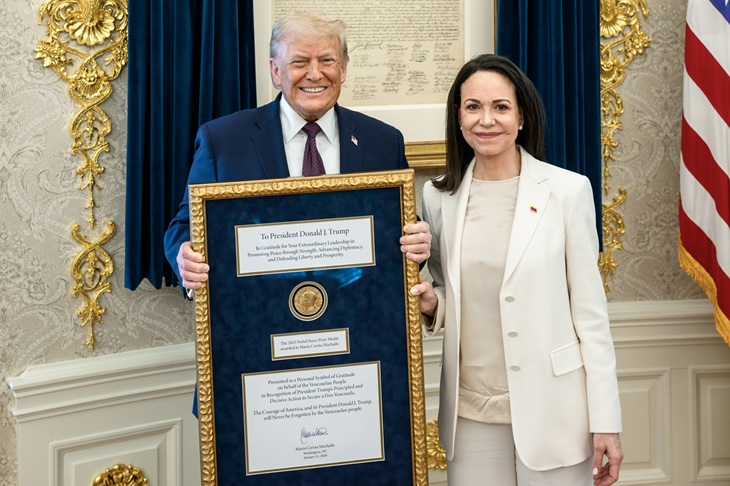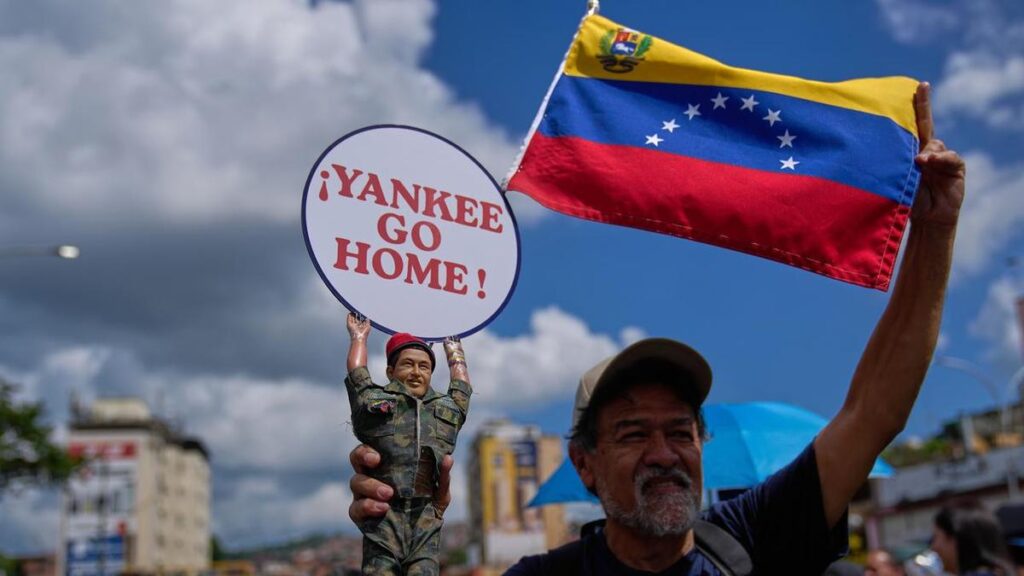
UPDATE: Venezuela’s government has just announced the closure of its embassies in Australia and Norway, as part of a significant restructuring of its foreign service. This urgent move follows escalating tensions between Caracas and Washington, highlighting a shift in diplomatic focus toward nations that align more closely with Venezuela’s interests.
The closures of the embassies in these two US allies will be accompanied by the opening of new diplomatic missions in Burkina Faso and Zimbabwe, countries that have shown solidarity with Russia and have been critical of US foreign policy. President Nicolas Maduro‘s administration described this as a “strategic re-assignation of resources” in a statement released on Monday.
The Venezuelan government confirmed that consular services for citizens in Australia and Norway will continue through diplomatic missions in other regions, with further details to be provided in the coming days. Norway’s foreign ministry acknowledged the receipt of the closure notice but noted that no specific reasons were given for the decision.
A spokesperson for Norway expressed regret over the closure, emphasizing, “Despite differing views, Norway wishes to keep the dialogue with Venezuela open and will work towards that.” This development comes just days after the Nobel Committee in Oslo awarded the 2025 Nobel Peace Prize to Venezuelan Opposition Leader Maria Corina Machado for her relentless fight for democracy in the nation. Machado dedicated her victory to US President Donald Trump.
The committee’s secretary, Kristian Berg Harpviken, stated that the embassy closure does not impact their work, reinforcing that selecting the right laureate remains their primary focus. “Maria Corina Machado is certainly a worthy winner!” he affirmed.
Venezuela’s new embassies in Burkina Faso and Zimbabwe are framed as an initiative to strengthen ties in the “anti-colonial fight” and resistance against “hegemonic pressures.” The government plans to use these diplomatic outposts to launch collaborative projects in sectors such as agriculture, energy, education, and mining.
This diplomatic shift follows recent calls from Venezuela to the United Nations for support against US military actions off its Caribbean coast, which the US claims were targeting drug trafficking vessels. Some US allies at the UN Security Council are urging for de-escalation and renewed dialogue, adding to the complexity of international relations surrounding Venezuela.
As this situation develops, the implications for Venezuelan citizens abroad and the broader geopolitical landscape are significant. Observers are urged to stay tuned for updates as Venezuela navigates this critical phase in its foreign relations, emphasizing the need for ongoing dialogue and cooperation amidst rising tensions.

